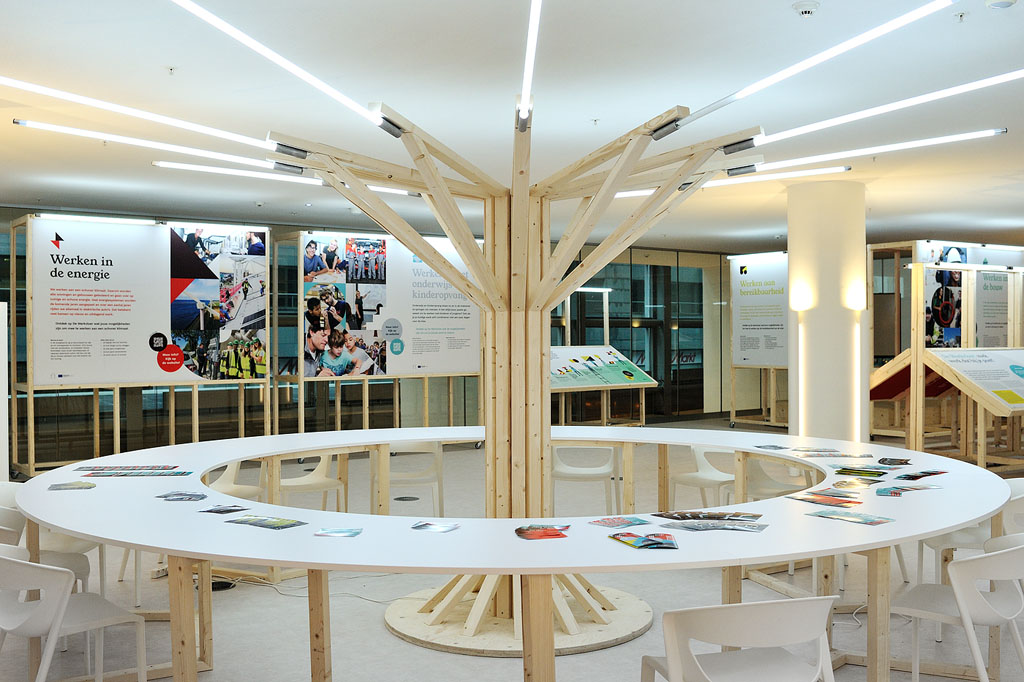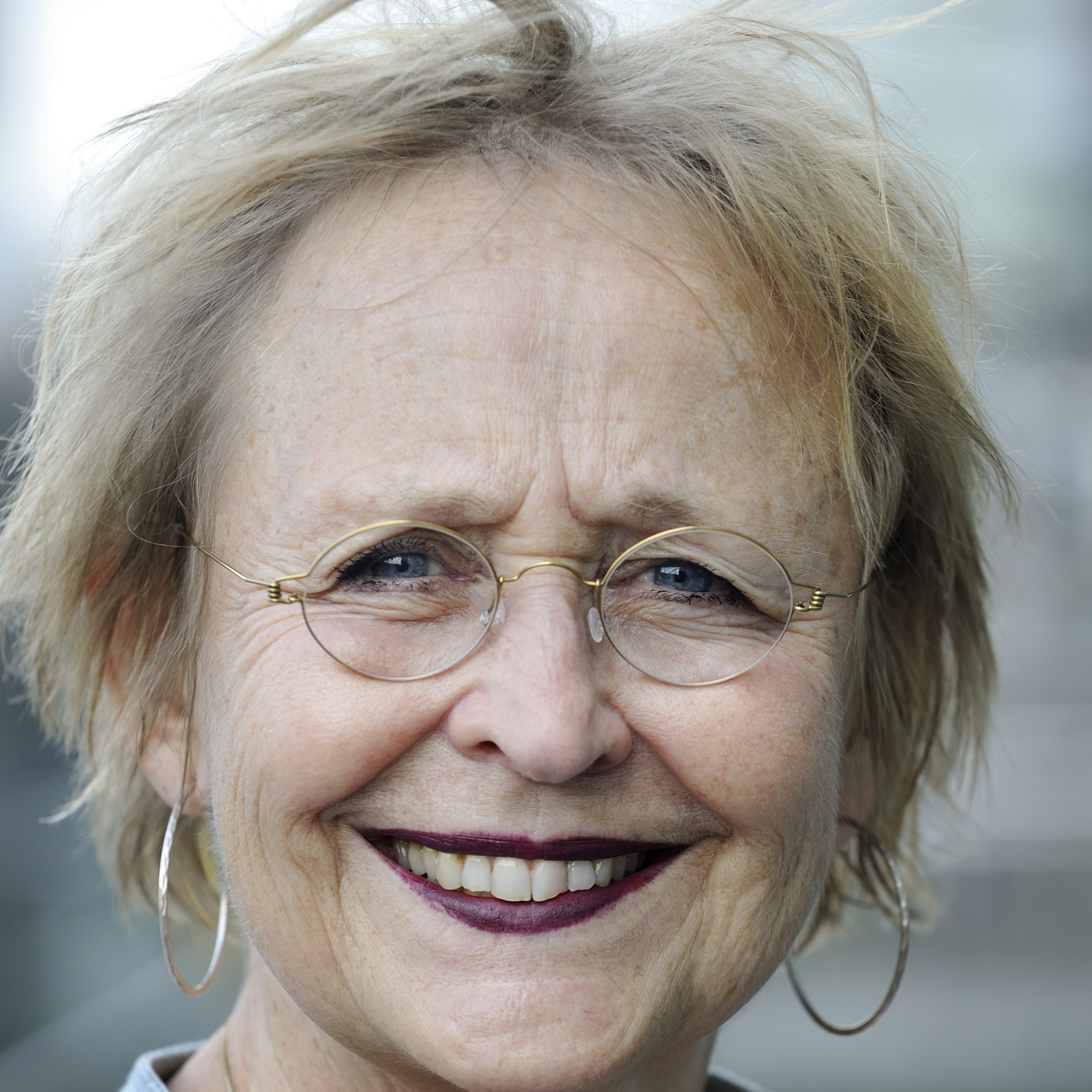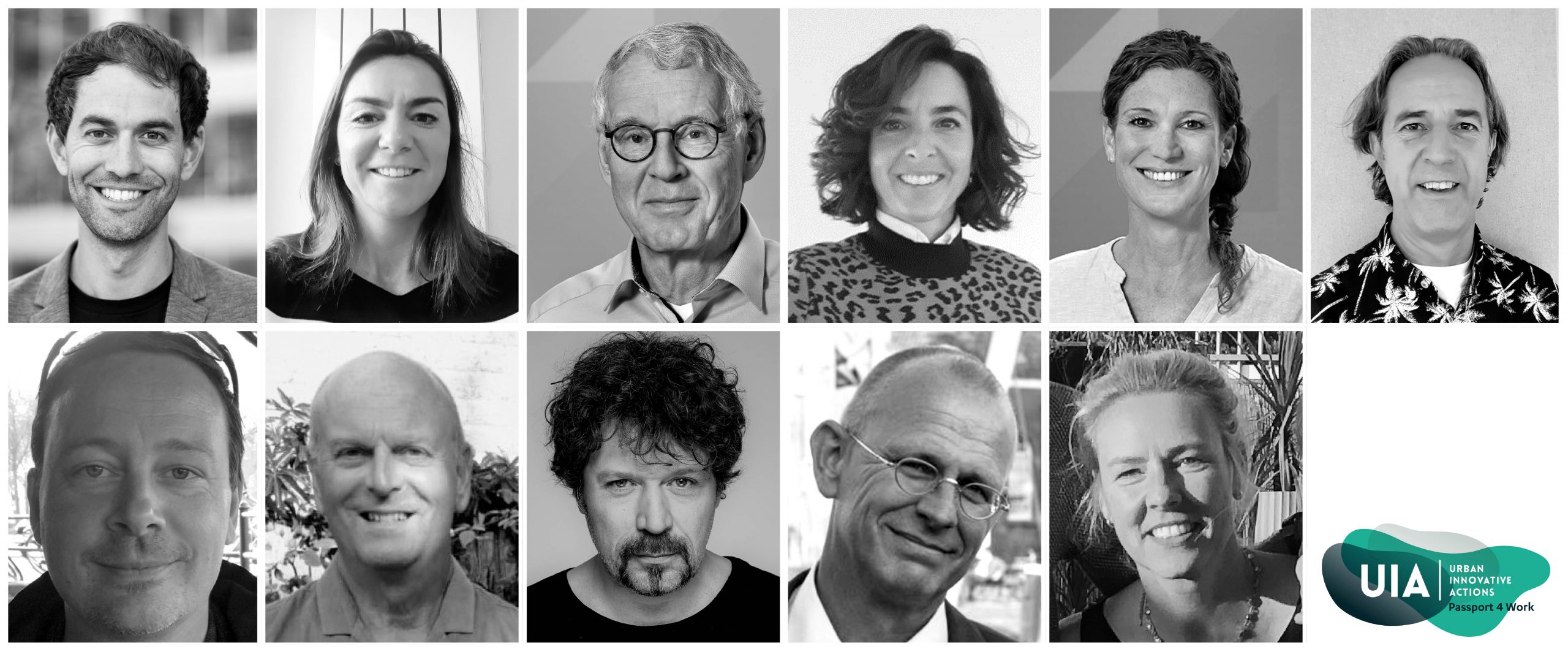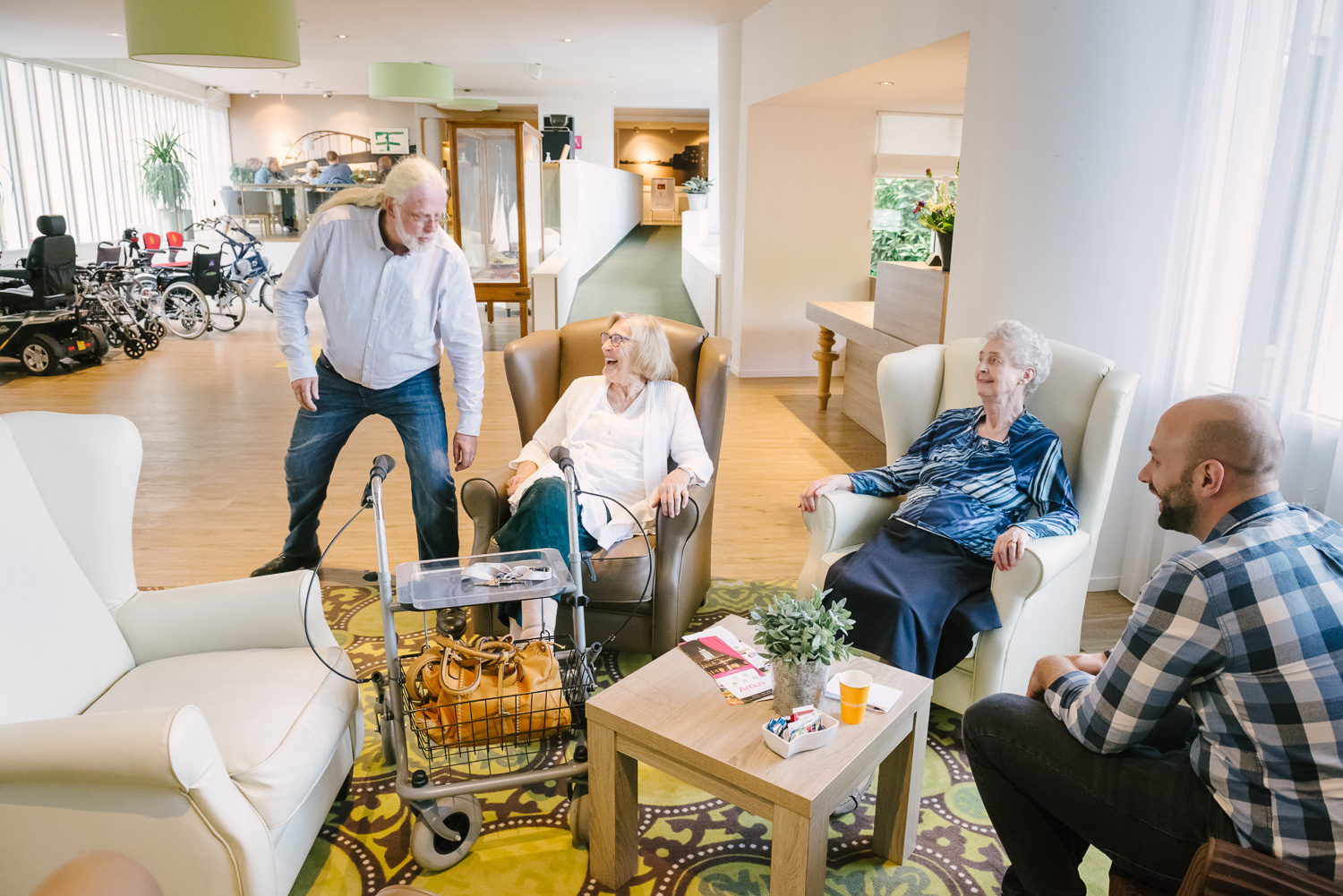
A skills-based labour market is developed by uniting various organisations in career programmes, to support the sustainable employability of lower- and medium-skilled workers.
SKILLS FOR THE GROWTH SECTORS
House of Skills is a 'field lab' where the business community, trade organisations, employee and employer organisations, educational institutions, and regional administrators collaborate and carry out pilot projects to develop various skills-oriented career programmes. House of Skills focuses primarily on growth sectors: the circular economy, energy transition, housing and transport challenges, health care, hospitality, and education. The aim is to improve the sustainable employability of lower and medium-skilled workers on the labour market. An important aspect is that people take control of their own labour market future through lifelong development.
harnessing the POTENTIAL OF THE WORKING POPULATION
Focusing on skills improves the potential of the working population. Therefore, this project aims to develop the labour market into a more skills-based one. House of Skills develops new services which are tested in pilot projects, including: assessments and skill scans; career-advice training; skills-based matching; as well as a platform where employers and employees can find each other. In addition, a work experience hub has been set up in the public library – an easily accessible location where the working population can get information about the labour market and a free, independent career interview.
CO-CREATION THROUGH A SHARED SKILLS LANGUAGE
House of Skills and the Regional Skills Agreement rely on co-creation. An innovative element of the project is the market approach, which is cross-sectorial and integrated across the region. This approach increases the focus on skills and normalises the wide implementation of a skills taxonomy. Using the shared skills-language means that assessments, training, and matching are now quicker and more accurate. More than 100 external partners joined the Regional Skills Agreement Network, and Dutch regions such as The Hague and Rotterdam are involved in the development of the skill taxonomy. The project is aligned with the national government. Finally, House of Skills also has a variety of connections abroad. By connecting everyone's efforts like the pieces of a puzzle, the ultimate goal is reached: a collaborative and better functioning labour market.




